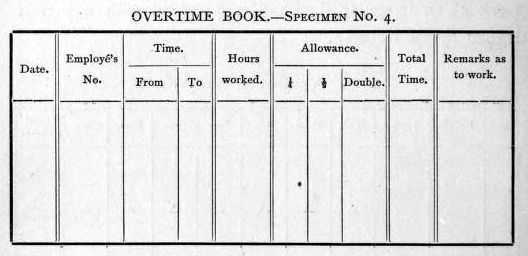
Holiday allowance due
If overtime pay is due, this legislative amendment means that employees can claim 8% holiday allowance on any overtime worked. This also applies if it has been agreed that an employee is entitled to more than 100% of the normal wage for overtime worked.
Exceptions regarding payment of holiday allowance
- Time for time: Overtime hours can also be compensated in paid time off if this is provided for in the collective agreement and this compensation has been agreed in writing with the employee beforehand. It is also important to note that the collective agreement may only be deviated from if the sum of the wage and holiday allowance does not fall below 108% of the applicable minimum wage within the meaning of the Minimum Wage Act.
- Salary > 3x minimum wage: If employees earn more than three times the current statutory minimum wage, it can be agreed in writing that an employee is not entitled to holiday allowance, or is entitled to a lower percentage of holiday allowance on the overtime hours worked. Because the allowance for overtime is included under the wage definition in the WML, this allowance is taken into account when determining whether more than three times the minimum wage is earned. Often this will be difficult to assess in advance because overtime, in principle, has an incidental character.
- No overtime pay due: The law has, to date, never included an obligation to pay overtime. In principle, this does not change, although a floor is now being introduced because at least the minimum wage must be paid for all hours worked. However, if the agreed hourly wage remains above the minimum hourly wage, there is still no obligation to pay overtime separately. There is therefore in that case also no obligation to pay additional holiday allowance.
Conclusion
In concrete terms, the legislative amendment means that if no deviating collective agreement provision applies, an employer may incur an 8% higher cost if an employee performs overtime work and a compensation has been agreed for this. Employers are therefore advised to take account of the holiday allowance in advance in their remuneration for overtime pay.
Perhaps the soup will not be eaten as hot as it is served if the wage, taking into account all hours actually worked, remains above the minimum wage. In that case, little will change. For that matter, if the wage is more than three times the minimum wage, holiday allowance can contractually be excluded.

